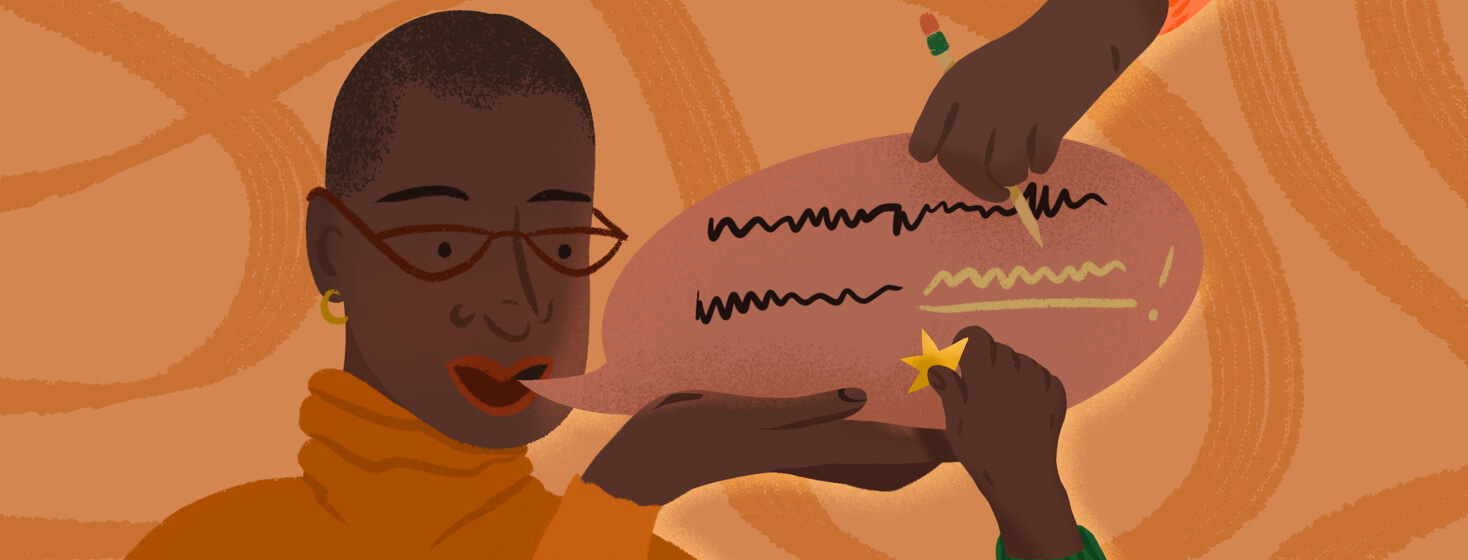Teaching My Kids It's Okay to Say You Aren't Okay
I have two teenage daughters who are amazing human beings. As their mom, I know I am biased! Over the years, my parenting has changed. In the early years I would push through, determined if something was on the calendar, we would do it. By pushing through, many things they enjoyed, but I didn’t. I felt that was an acceptable trade. However, part of them, being amazing human beings, began to realize when I didn’t feel well. Sure, I could lie and tell them otherwise. Then, I realized what I was teaching them. Hence, my parenting style has been updated.
Be honest
While this will be expanded by my other suggestions, it needs to be said first. This is the most important rule I needed to accept. When I lie and say I feel fine when I don’t, I am teaching my teenage girls that they should do the same. Also, I am teaching them to “suck it up” when I should be teaching them to listen to their bodies and take breaks when their body tells them.
Being honest can take many forms.
- I can acknowledge I am in pain.
- I can let them know there will be times I need to leave the room and I will return when I am able.
- I can reassure them when I am not experiencing an attack that cluster headaches are very painful, but the attack does end.
- I can reassure them of my love for them and that is something cluster headaches will never take from me.
Be age appropriate
This will look different for everyone, but keep your child(ren) in mind. My teenage girls are empathetic and want nothing more than for the attack to end. When I am not in an attack is when we talk about what cluster headaches are, how they feel and what they can do. This way, when I am in an attack, they might confirm with me that I am having an attack (or about to). My oldest daughter keeps my refrigerator stocked with energy drinks that I use as a preventive and abortive. They go with me when I need to exchange oxygen tanks. My oldest daughter is learning to drive so on errands they usually go with me, in case I need her to drive. The wording I use to describe my attacks will change with their age and emotional level of understanding.
My youngest daughter had a school project to find a policy that needed to be changed and create an infographic. At the time, I was educating people and gathering comments for CMS to cover oxygen for cluster headaches. She asked me for a source I sent her to Clusterbusters.org. Being independent, she read for herself. Afterward, she came back and asked me a few questions about my personal experience with cluster headaches and oxygen. She created a flow chart she created to draw attention to this policy that needs to be changed. I have used it to explain the problem of oxygen access to others.
Have an attack action plan
This will look different for individual situations. I’m a single parent of two teenage daughters. My kids notice my eye gets red, watery & drooping. They can see me getting restless. This is not the time for conversation, at most, I can handle yes and no. If my kids understand my attacks ahead of time, they will know if this starts happening mid-conversation, I’m not ignoring them or upset with them, I have to take care of the cluster attack. They know the things that help and that can vary!
When cluster shadows are on the horizon, sometimes getting sunglasses on and going for a brisk walk can be helpful. Other times I need to drink an ice-cold energy drink, ice pack, or oxygen. This weekend I had a particularly bad time where attacks just kept coming one after another. I needed to switch the regulator on my oxygen tank and couldn’t open my eyes to see it. My oldest daughter was able to assist. This allows them to feel like they are a part of my action plan.
Have you had conversations with your kids about cluster headaches? Do you have any ideas to help other parents have these conversations?

Join the conversation